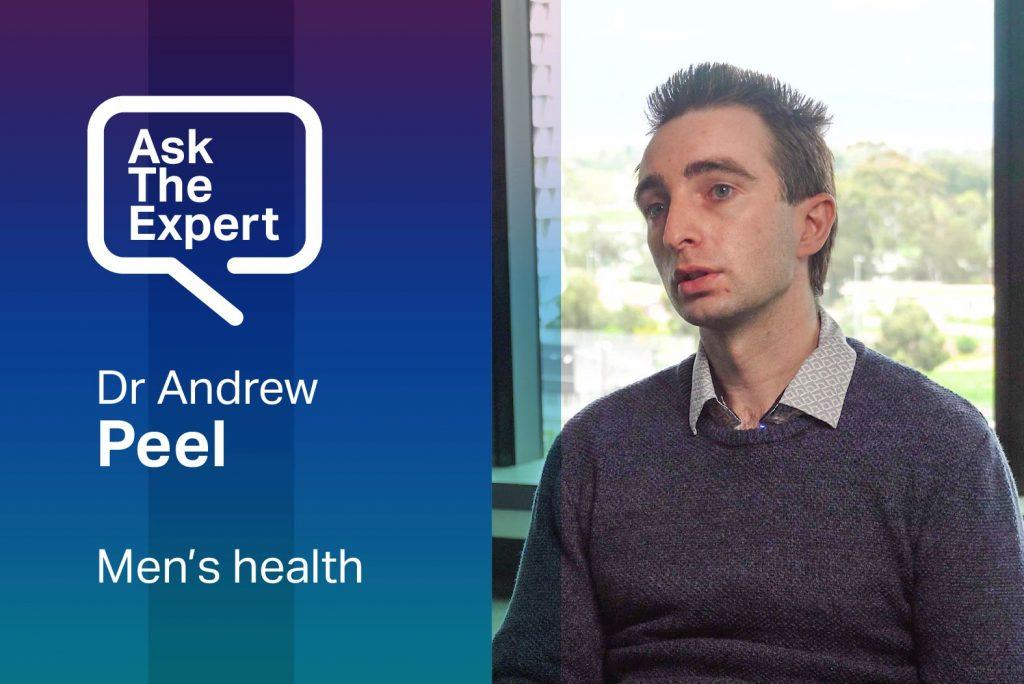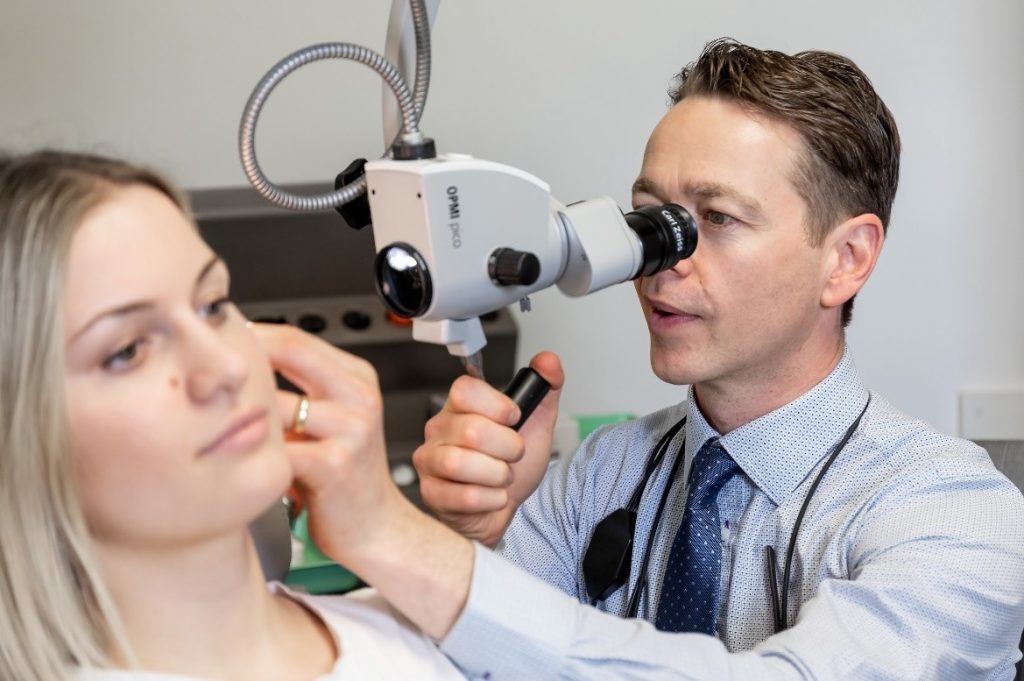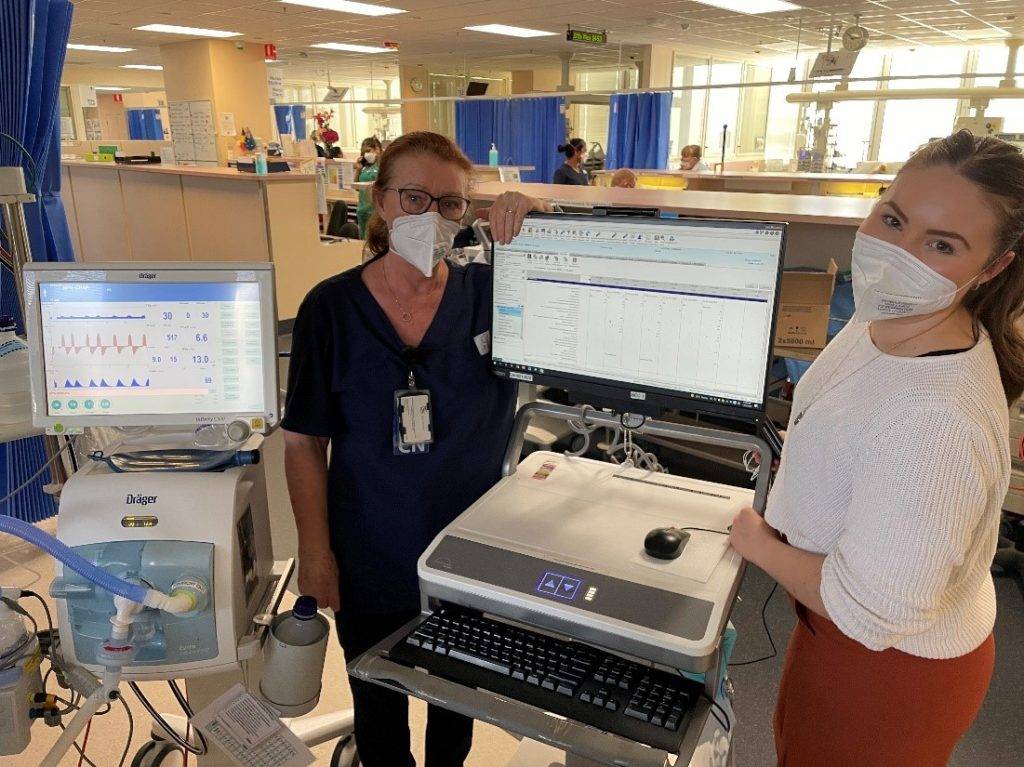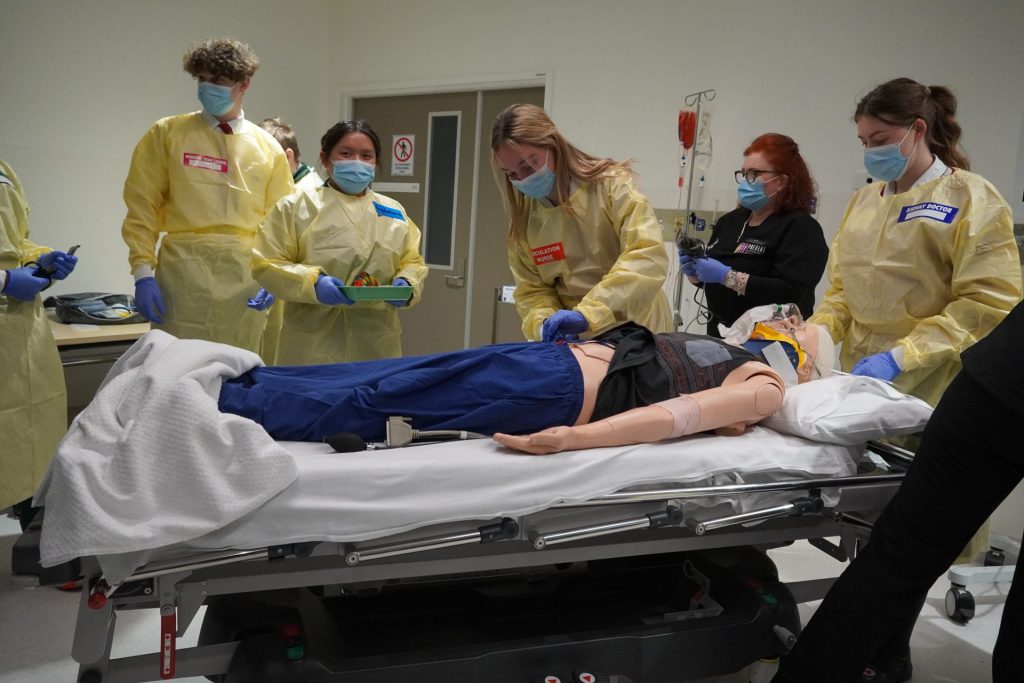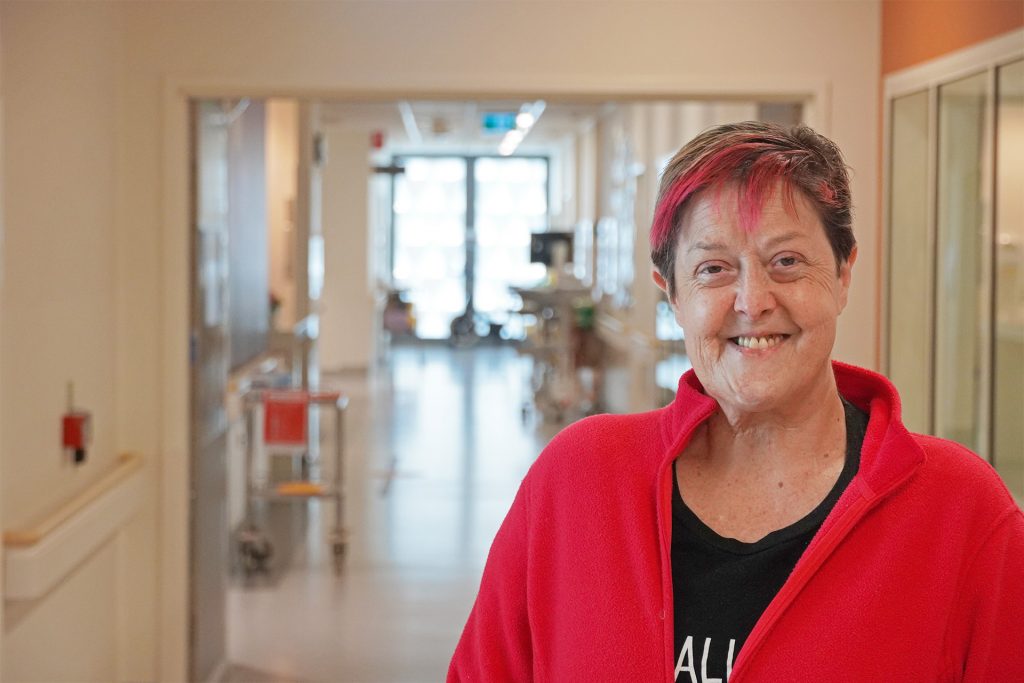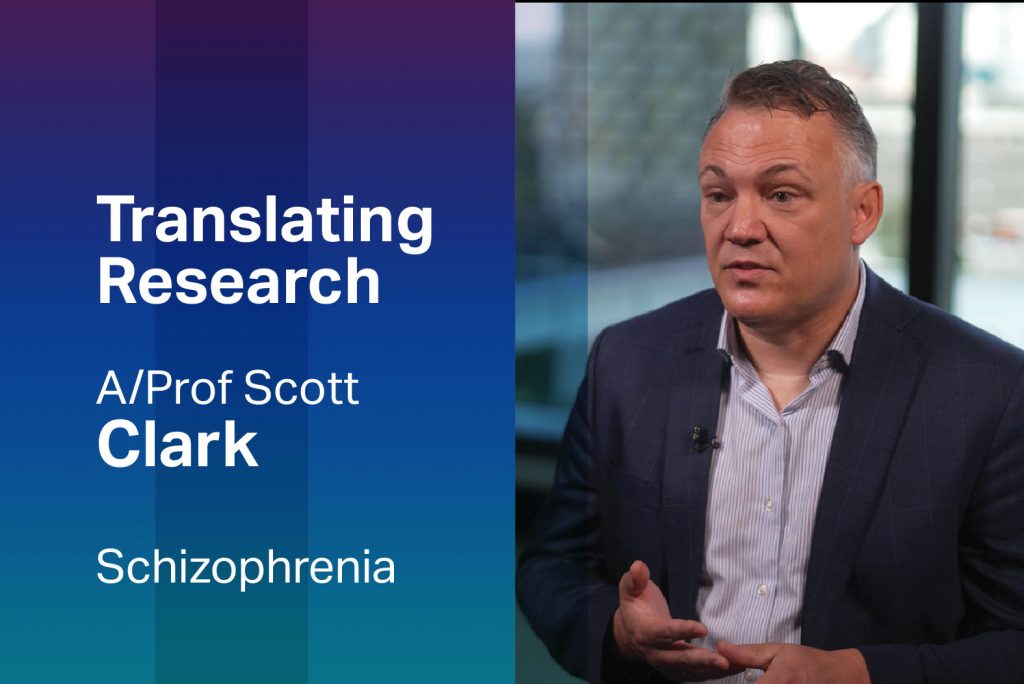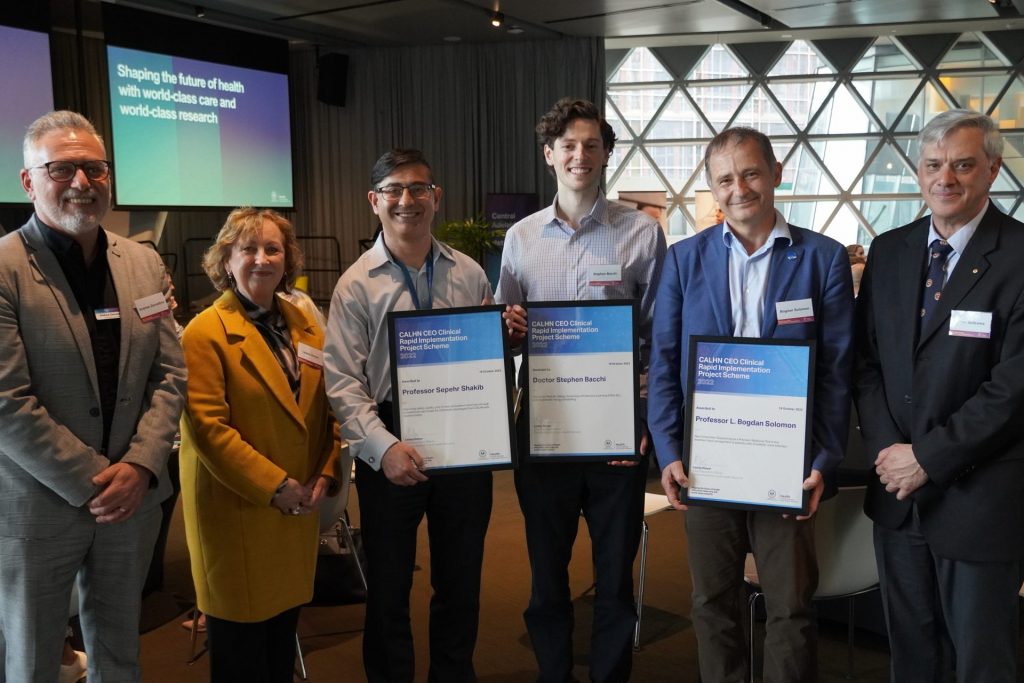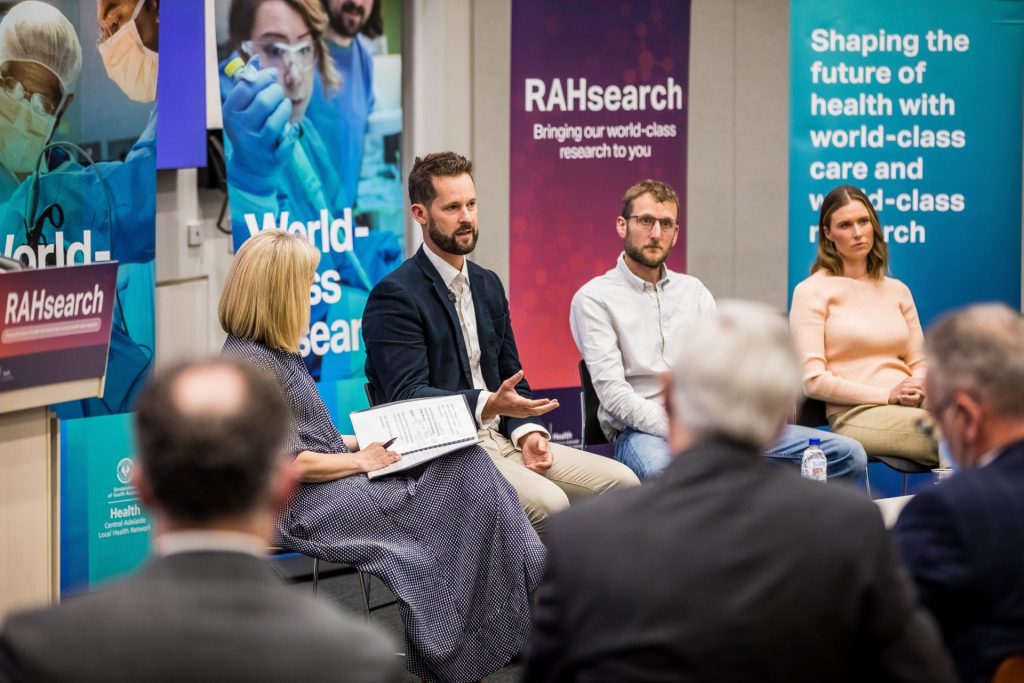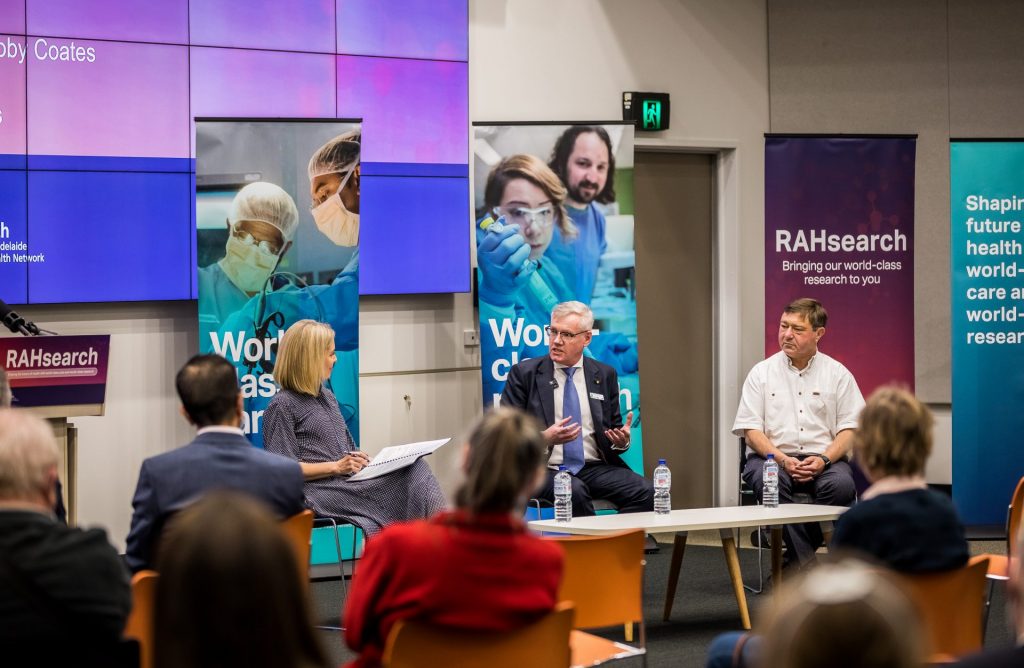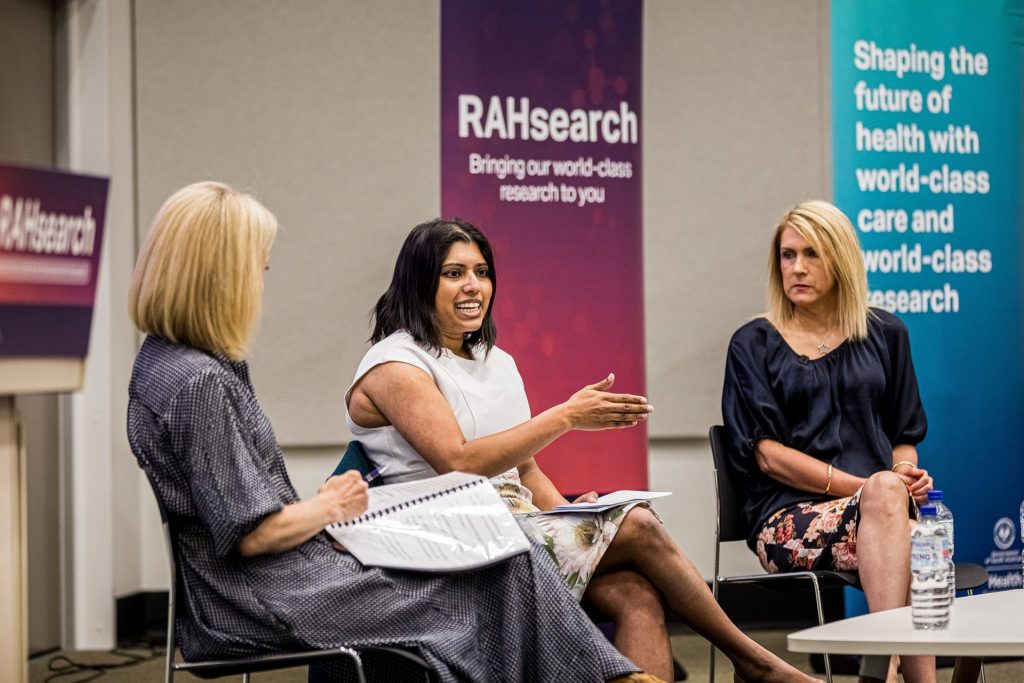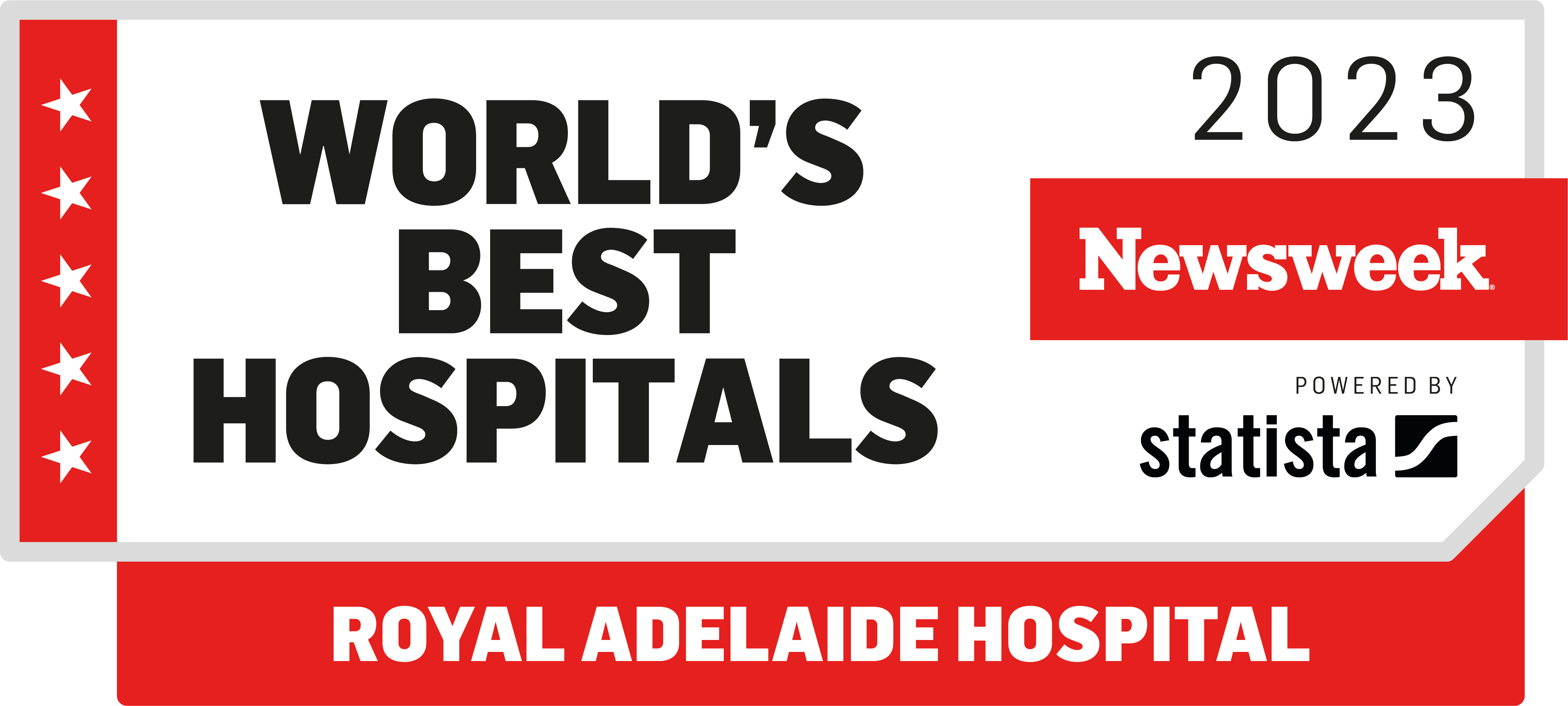
News
Men’s health with Dr Andrew Peel
Video series: Ask the Expert In this episode we ask clinician and researcher, Dr Andrew Peel, questions about men's health. We learn about: metabolic health obstructive sleep apnoea (OSA) warning signs of OSA treatments for OSA Watch and subscribe View all Ask the...
First in human trial using genetically engineered islet cells to go ahead at the RAH
A first in human trial aiming to restore glucose control in patients with type 1 diabetes using genetically engineered islet cells is set to go ahead following funding from the Australian Government. The joint project between the Royal Adelaide Hospital (RAH) and...
Music to the ears of people living with tinnitus
Clinicians at the Royal Adelaide Hospital (RAH) have developed a fast, accurate and reliable tool to assess tinnitus severity. The new FiveQ questionnaire will save hours of time for patients and clinics and improve initial and follow-up tinnitus assessments. A...
Ventilator automation frees up nurses
Observations from ventilators used by ICU patients are now being fed directly into Central Adelaide’s electronic medical record (EMR) system, helping to ease nurses’ workload and improving data quality Better data and better care Prior to the integration, nurses...
P.A.R.T.Y Program Returns to the RAH
The P.A.R.T.Y Program is back at the Royal Adelaide Hospital after a hiatus due to COVID-19. The program focuses on preventing trauma and injuries before they happen, by giving secondary school students the opportunity to get firsthand experience of the journey a...
Research participants improving outcomes for future patients
Improving the treatment experience and health outcomes for future patients was the motivation for Tereena Cocks to volunteer for a clinical research study at the Royal Adelaide Hospital. Tereena, a former nurse and paramedic, received a stem cell transplant from a...
Understanding post-bushfire trauma to deliver help where it’s needed
A recent seven-year study has detailed the aftereffects of personal experience of bushfire disaster and the mental health outcomes and found that relocation and personal loss from the fires were the key predictors of developing posttraumatic stress disorder (PTSD)....
Clozapine for schizophrenia with Associate Professor Scott Clark
Video series: Translating Research In this episode we speak to Associate Professor Scott Clark about his research into the anti-psychotic drug clozapine used for schizophrenia. We learn: that clozapine works for 30% of people who are resistant to other drugs but...
$600,000 grants to kick-start three world-class research projects
World-class care driven by world-class research is the aim behind a suite of grants awarded to kickstart three innovative projects in 2023. The CEO Clinical Rapid Implementation Project Scheme – better known as CRIPS - offers grants of up to $200,000 over two...
Super poo – how can faecal transplants and diet treat bowel disease?
Approximately 100 trillion micro-organisms exist in the human gastrointestinal tract and function as a virtual organ. Associate Professor Rob Bryant is pioneering a two-pronged approach to tackle inflammatory bowel disease (IBD): dietary therapy as well as...
New hope for those living with Type 1 Diabetes
"My young diabetic daughter said to me "you know, you don't have to do this." "What she doesn't understand is I do." For the world's first patient to receive an islet cell transplant into an artificial dermis, Alec Tibbitts, the motivation was simple. The...
Tailoring the treatment of Chronic Myeloid Leukaemia patients
Targeted treatment for Chronic Myeloid Leukemia (CML) can greatly extend the survival time of patients, but not all patients respond to therapy. Dr Naranie Shanmuganathan is uncovering genetic markers at the time of diagnosis which can predict how patients will...
Latest community news
Sign up to receive the latest community news from the Central Adelaide Local Health Network (CALHN).
We acknowledge and pay respect to the First Nations Kaurna people upon whose ancestral land the Central Adelaide Local Health Network (CALHN) provides services.
We acknowledge the relationship and deep feelings of attachment between Aboriginal and Torres Strait Islander peoples and Country, and we acknowledge the traditional owners and custodians of the many lands from which our Aboriginal and Torres Strait Islander consumers travel to receive services.
The Central Adelaide Local Health Network website is licensed under a Creative Commons Attribution 3.0 Australia Licence. © Copyright 2025
